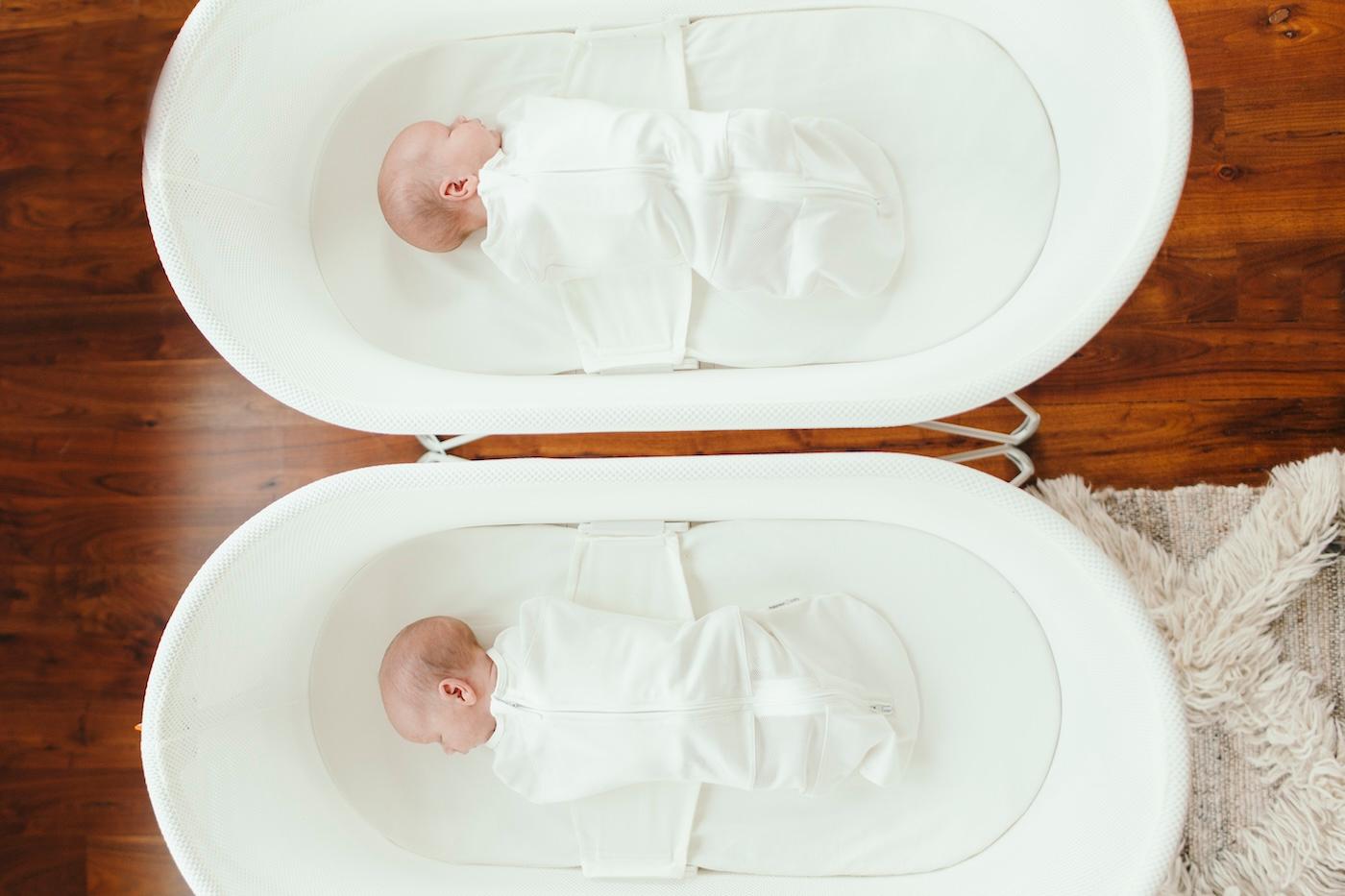PREGNANCY
Benefits of Eating Placenta
Moms may choose to eat their placenta for a number of reasons...but does it work?

Written by
Happiest Baby Staff

Moms may choose to eat their placenta for a number of reasons. The placenta can be dried and then encapsulated for consumption or blended into an after-birth smoothie. It is become quite popular amongst doulas and new moms, but you’ll want to consider the risks before choosing to do so.
Does Eating My Placenta Help with Postpartum Depression?
Why Do People Eat Placenta?
Some moms believe eating placenta has certain health benefits, some have heard it can prevent postpartum depression and for others, it just feels naturals (animals do it after they give birth!)
Many moms who do partake in placental encapsulation expect to "feel good" after eating their placenta - and many do - but it could just be a placebo effect. Some women report feeling sick after taking the pills. If you talk to those that have tried it or read online, you’ll find that you may hear a lot of differing opinions. So, is there any scientific proof behind it?
Studies About Placenta Encapsulation
Unfortunately, there is no scientific evidence that eating your placenta is beneficial. In fact, a study released by the CDC in 2017 linked mothers’ consumption of placenta capsules with Group B Strep Infection (a bacterial infection that is usually harmless in adults but can be dangerous to babies, causing fever, trouble feeding, and sluggishness). This link may have resulted because the placenta was contaminated.
What is the Purpose of the Placenta?
The placenta has a big job while your baby is growing in utero! Its main job is to provide oxygen and nutrients to your sweet growing cherub. But, it also serves as a filter to your unborn baby, protecting her from things like harmful bacteria and removing waste from her body.
Benefits of Eating Placenta
- Improved mood and energy levels
- Help with milk production
- Pain relief
Risks of Eating Placenta
- Contamination with harmful bacterias
- Not being handled with "food-safe" practises
- Not enough evidence to support the risk of consumption
Whether you chose to eat your placenta or not, it’s important to speak to your doctor and come to a decision that feels right for your family.
Disclaimer: The information on our site is NOT medical advice for any specific person or condition. It is only meant as general information. If you have any medical questions and concerns about your child or yourself, please contact your health provider. Breastmilk is the best source of nutrition for babies. It is important that, in preparation for and during breastfeeding, mothers eat a healthy, balanced diet. Combined breast- and bottle-feeding in the first weeks of life may reduce the supply of a mother's breastmilk and reversing the decision not to breastfeed is difficult. If you do decide to use infant formula, you should follow instructions carefully.
SHARE THIS ARTICLE
PARENT PICKS
Bestsellers



















